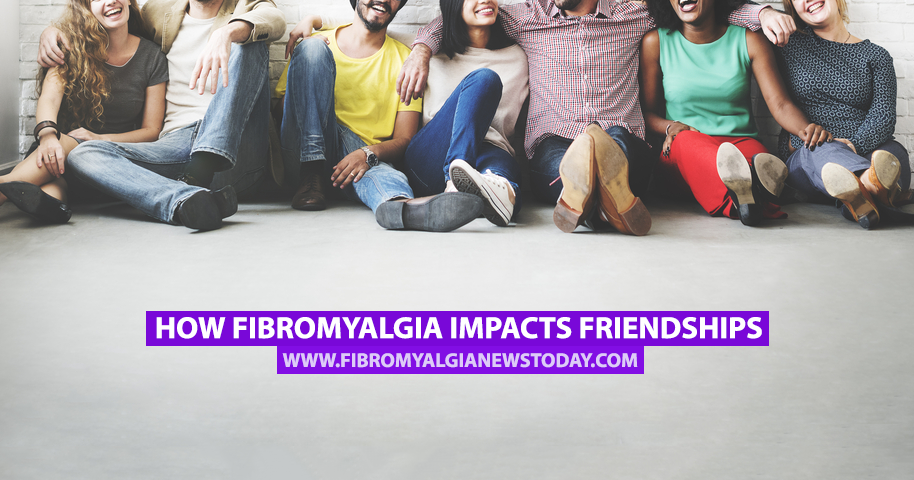People who suffer from chronic diseases like fibromyalgia need support — both practical and emotional — from their friends. They offer help when their disease is flaring up or a shoulder to cry on when it all feels like it’s too much. Unfortunately, the opposite often happens and patients find friends who were once close have slowly fallen by the wayside.
MORE: Nine possible causes of fibromyalgia to discuss with your doctors
In this article for themighty.com, writer Tressia Demaskie talks about how she’s lost contact with many friends and even some family members over the years due to her fibromyalgia. Demaskie explains that people are often willing to help out when you have a short-term illness or a terminal illness, but the longevity of most chronic illnesses means that helpers tend to get bored or choose to ignore the fact that you’re ill because the symptoms aren’t necessarily visible.
For all the friends that she’s lost, Demaskie has come to realize that the ones who are still very much in her life are the true friends and certainly the ones worth keeping. Read more about friendships and fibromyalgia here.
MORE: Eight fibromyalgia facts you’re probably unaware of
Fibromyalgia News Today is strictly a news and information website about the disease. It does not provide medical advice, diagnosis or treatment. This content is not intended to be a substitute for professional medical advice, diagnosis, or treatment. Always seek the advice of your physician or another qualified health provider with any questions you may have regarding a medical condition. Never disregard professional medical advice or delay in seeking it because of something you have read on this website.


This is probably the most painful part of having a chronic illness – particularly a chronic pain condition. I’ve got an internal tug-of-war going on. I want to be strong enough not to share because people don’t want to hear about pain, but I also recognize that if I had people to talk to who would just… listen… that I’d probably struggle less with depression.
I do think chronic pain patients are more prone to suicide partly because they lack social support.
It’s also very hard to advocate for yourself when there’s that internal war going on. We’re used to being silent about pain so honestly, sometimes I feel like I don’t know how to talk about pain to my doctor. I feel especially vulnerable because a lot is at stake at doctor appointments. When I do bring myself to speak up, sometimes the situation has become urgent – yet the doctor moves right along. It’s disheartening.
With the coverage of the “opiod epidemic,” I have been getting unsolicited lectures and advice that push me further away from my sources of social support. I skip doses of my pain meds if the pain is tolerable. “We all have pain” so everybody has lots of advice. If only I could take an Advil and make it through my work-day. I rely on my medication when my function is impaired by pain (cognitive or physical function). I do sometimes take the medication proactively (what comes to mind first is a special event for work when I know I’ll be on my feet a lot, and the pain getting on top of me will affect how I interact with others because to be good at my job, I also have to be very social, warm and personal).
There are days when I don’t have major plans where I just accept the level of pain I’m in.
“Friends” make lots of assumptions lately. They don’t realize some assumptions are hurtful. I remind myself they can’t put themselves in my shoes. I love them enough to be thankful that they don’t have to understand what I do. I wouldn’t wish my pain on them but I can’t help but wish for understanding – especially in a climate where the medications (“opiods”) that allow me to have the quality of life that I have are under attack.
I have lots of fear nowadays, on top of the pain, the cognitive issues, the lack of social support, the adversities that doctors sometimes introduce, the physical & social limitations. Things that gave my life meaning are gone, and what remains that gives my life meaning can slip away if I lose access to treatment.
So that’s where I stand and I am sure a lot of us do. I’m pretty much alone, if not for the support of others who live with chronic pain (but who, in their fears, also amplify my own).